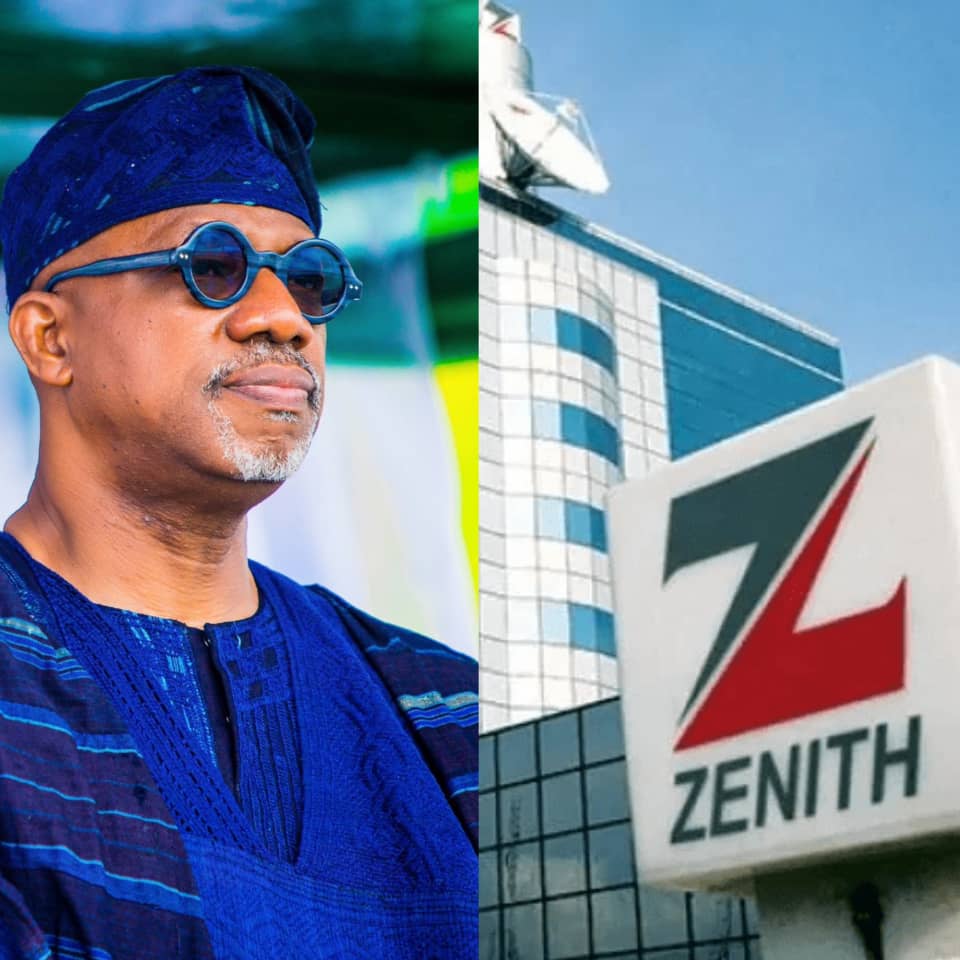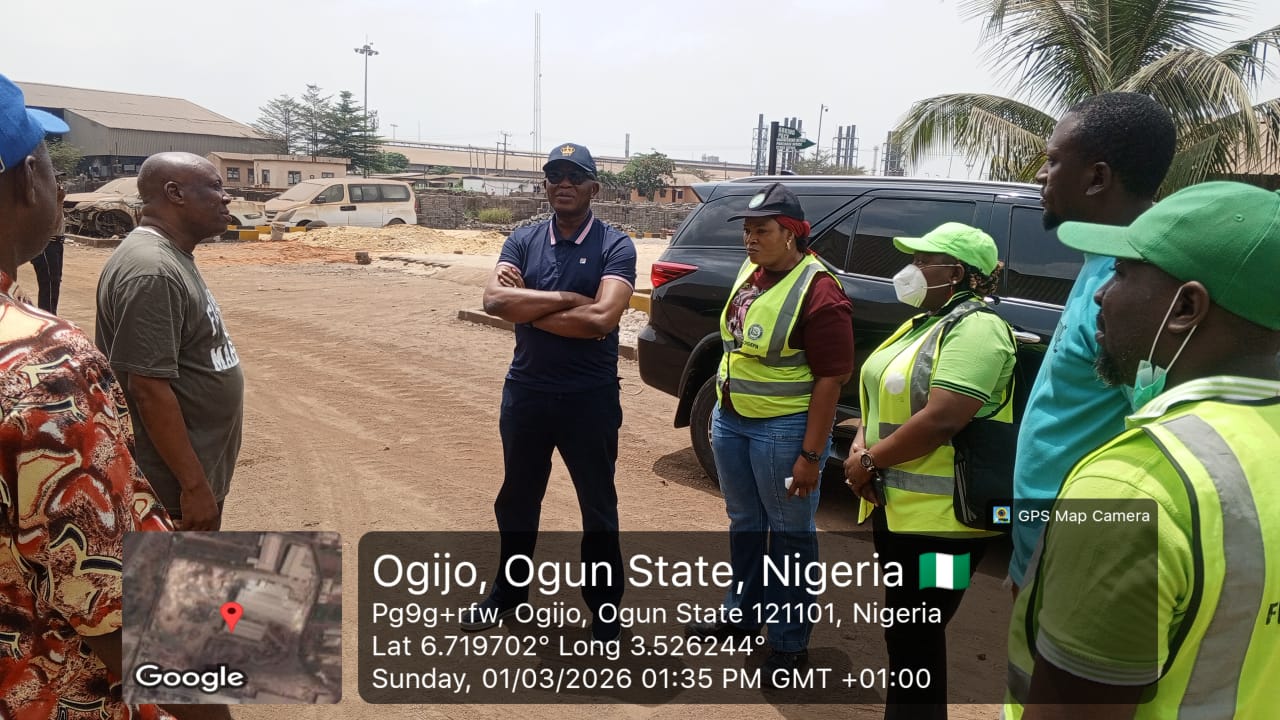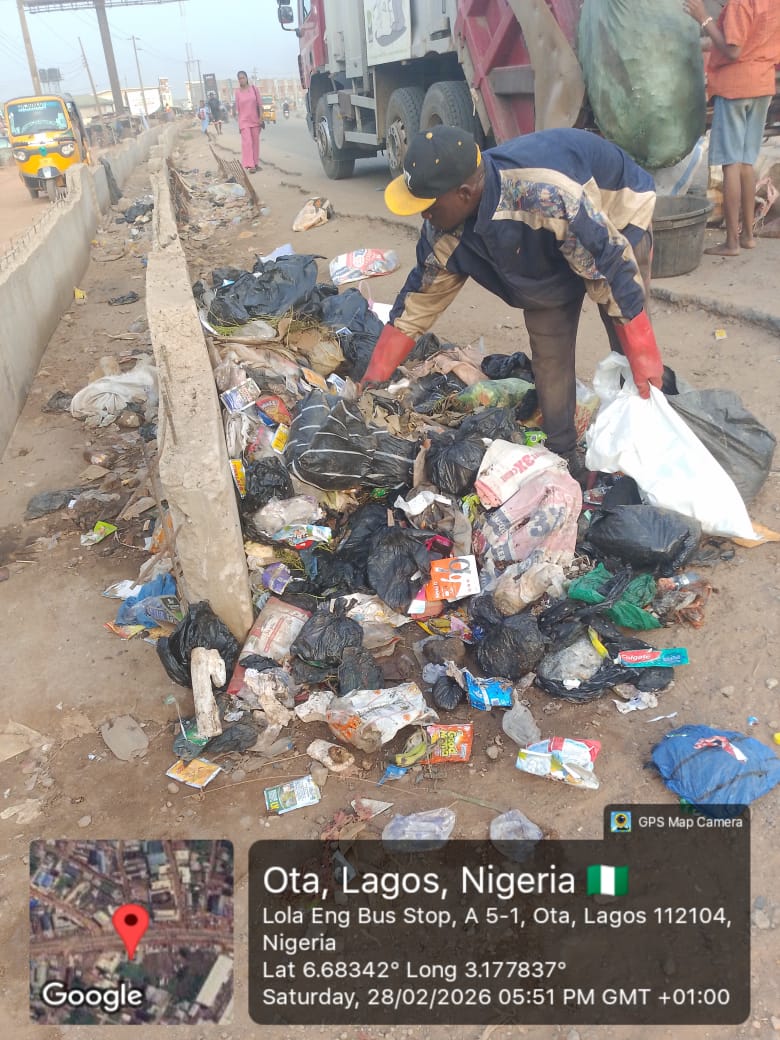Fake Ciprofit 500, Artemetrin in Circulation

Nigeria is once again grappling with the menace of counterfeit medicines as reports confirm the circulation of Artemetrin DS, an anti-malaria drug, and a fake version of the antibiotic Ciprofit 500 across local markets.
A Patient’s Painful Experience
For 32-year-old Chinwe Ndukwe, a mother of two from Enugu, the danger of fake drugs became all too real last month.
The development has raised alarm among health experts, who warn that the unchecked spread of counterfeit drugs could worsen public health risks, undermine treatment outcomes, and cost more lives.
After developing a severe urinary tract infection, she visited a local chemist shop where she was sold a pack of Ciprofit 500.
“I took the drugs for five days, but instead of getting better, my condition worsened,” Chinwe recalled.
“The pain became unbearable, and I had to be rushed to the hospital. That was when the doctor told me the antibiotic I took was fake.”
By the time she received proper treatment, the infection had spread, leaving her bedridden for weeks.
Chinwe counts herself lucky to have survived, but not without hefty hospital bills and emotional trauma.
Her story mirrors the experience of many Nigerians who unknowingly fall victim to counterfeit medicines.
A Recurring Health Crisis
Nigeria has battled counterfeit drugs for decades. The problem dates back to the 1980s and 1990s when the market was flooded with fake medicines, leading to tragic consequences.
One of the most infamous cases occurred in 2008, when over 80 Nigerian children died after consuming teething syrup laced with diethylene glycol, a toxic chemical used in antifreeze.
Despite reforms and crackdowns by the National Agency for Food and Drug Administration and Control (NAFDAC), fake medicines continue to slip through porous borders and into local markets.
According to the World Health Organization (WHO), one in ten medical products circulating in developing countries is either substandard or falsified, with Nigeria among the most affected.
NAFDAC’s Crackdowns and Seizures
NAFDAC insists it has been stepping up efforts to curb the menace.
In 2024 alone, the agency announced the seizure of counterfeit and substandard drugs worth over ₦5 billion in raids carried out across Lagos, Onitsha, and Kano.
Several warehouses were shut down, and dozens of arrests were made in collaboration with security agencies.
In one notable operation, NAFDAC intercepted a container load of fake antimalarials and antibiotics smuggled through Apapa Port.
The Agency also intensified market surveillance under its Pharmaceutical Inspection Directorate, which monitors open drug markets notorious for harboring counterfeit products.
Speaking on the latest concerns, NAFDAC’s Director-General, Prof. Mojisola Adeyeye, warned Nigerians to avoid purchasing drugs from unlicensed sources.
“Fake medicines are killers,” she said. “We will not relent in our mission to rid Nigeria of counterfeit products.
Our enforcement teams are on the ground, and we are strengthening collaborations with Customs, Police, and International partners like Interpol to track and dismantle these criminal networks.”
Why Fake Drugs Persist
Experts point to several factors fueling the crisis: weak law enforcement, high demand for cheap alternatives, and limited public awareness.
Nigeria’s large informal drug markets—often unregulated—remain fertile ground for counterfeiters.
Dr. Mariam Ogunleye, a Lagos-based pharmacist, explains the danger: “When patients buy fake antibiotics like Ciprofit 500, their infections don’t just go untreated.
They risk developing resistance, meaning genuine antibiotics may no longer work when they are truly needed.”
A Global Menace
Counterfeit medicines are not just a Nigerian problem—they are a global crisis.
The World Health Organization (WHO) estimates that up to 1 in 10 medicines in circulation worldwide are substandard or falsified.
Each year, these drugs are believed to cause over 500,000 deaths globally, with children in developing countries most at risk.
A 2017 WHO study found that fake malaria drugs alone may be responsible for 116,000 deaths annually in sub-Saharan Africa.
Antibiotics, too, are frequently counterfeited, fueling the rise of antimicrobial resistance—a threat the United Nations has described as a looming “global health catastrophe.”
Dr. Mariângela Simão, WHO’s Assistant Director-General for Access to Medicines, once warned: “Substandard and falsified medicines are a global public health threat. They rob people of trust in healthcare systems and endanger lives.”
Interpol, which has partnered with NAFDAC in past drug seizures, also describes counterfeit pharmaceuticals as a multi-billion-dollar criminal industry.
An Interpol statement noted: “Criminal networks are exploiting weaknesses in global supply chains, pushing fake medicines that can kill or cause lifelong harm.”
With Nigeria’s heavy reliance on imports for over 70% of its pharmaceuticals, weak border controls and corruption provide counterfeiters with opportunities to thrive. This makes the country a key hotspot in the global counterfeit drug trade.
Safety Tips for Nigerians
In the face of this threat, Health Officials and Pharmacists are urging Nigerians to be more vigilant when buying medicines. Here are some key safety measures:
- Buy only from licensed pharmacies – Avoid roadside vendors or unverified chemist shops.
- Check NAFDAC registration numbers – Every genuine drug sold in Nigeria should have a valid NAFDAC number.
- Use SMS verification codes – Some drugs now come with Mobile Authentication Service (MAS) codes that can be texted to confirm authenticity.
- Examine packaging carefully – Look for spelling errors, broken seals, and faded labels, which may indicate counterfeits.
- Seek medical advice before use – Never take antibiotics without a doctor’s prescription.
- Report suspicious products – Any suspected fake drug should be reported immediately to NAFDAC or health authorities.
A Fight That Must Be Won
For patients like Chinwe, the stakes could not be higher. Her brush with fake Ciprofit 500 underscores how counterfeit drugs not only endanger health but also erode public confidence in Nigeria’s healthcare system.
As Prof. Adeyeye stressed to Global Mirror News: “Every fake drug sold is a potential death sentence. Nigerians must remain vigilant, and together we will defeat this menace.”
The battle against counterfeit medicines is far from over. But with stronger regulation, public vigilance, and tougher enforcement, experts believe Nigeria can finally turn the tide.
For now, citizens are urged to remain cautious—because when it comes to counterfeit drugs, the cost of ignorance can be fatal.



